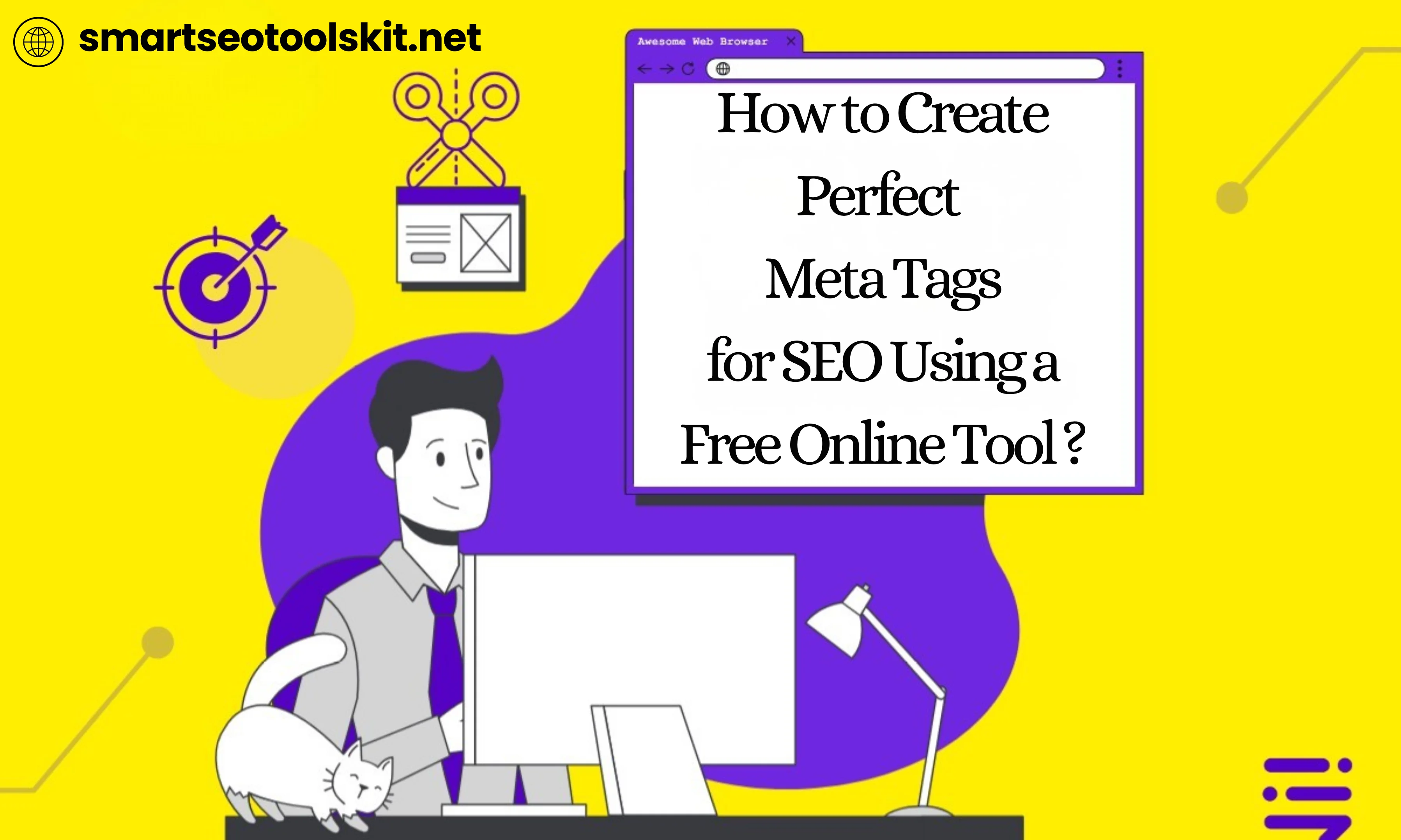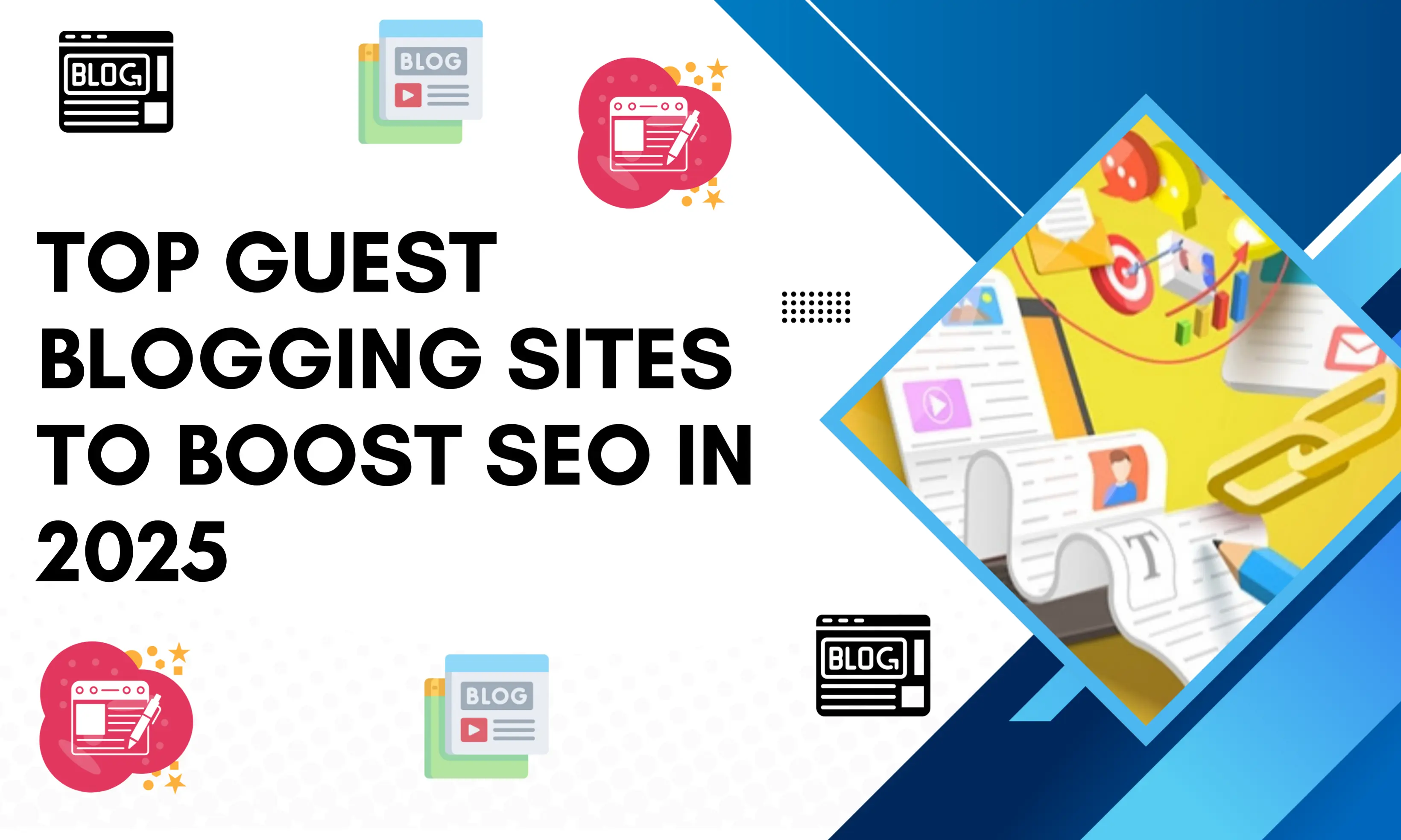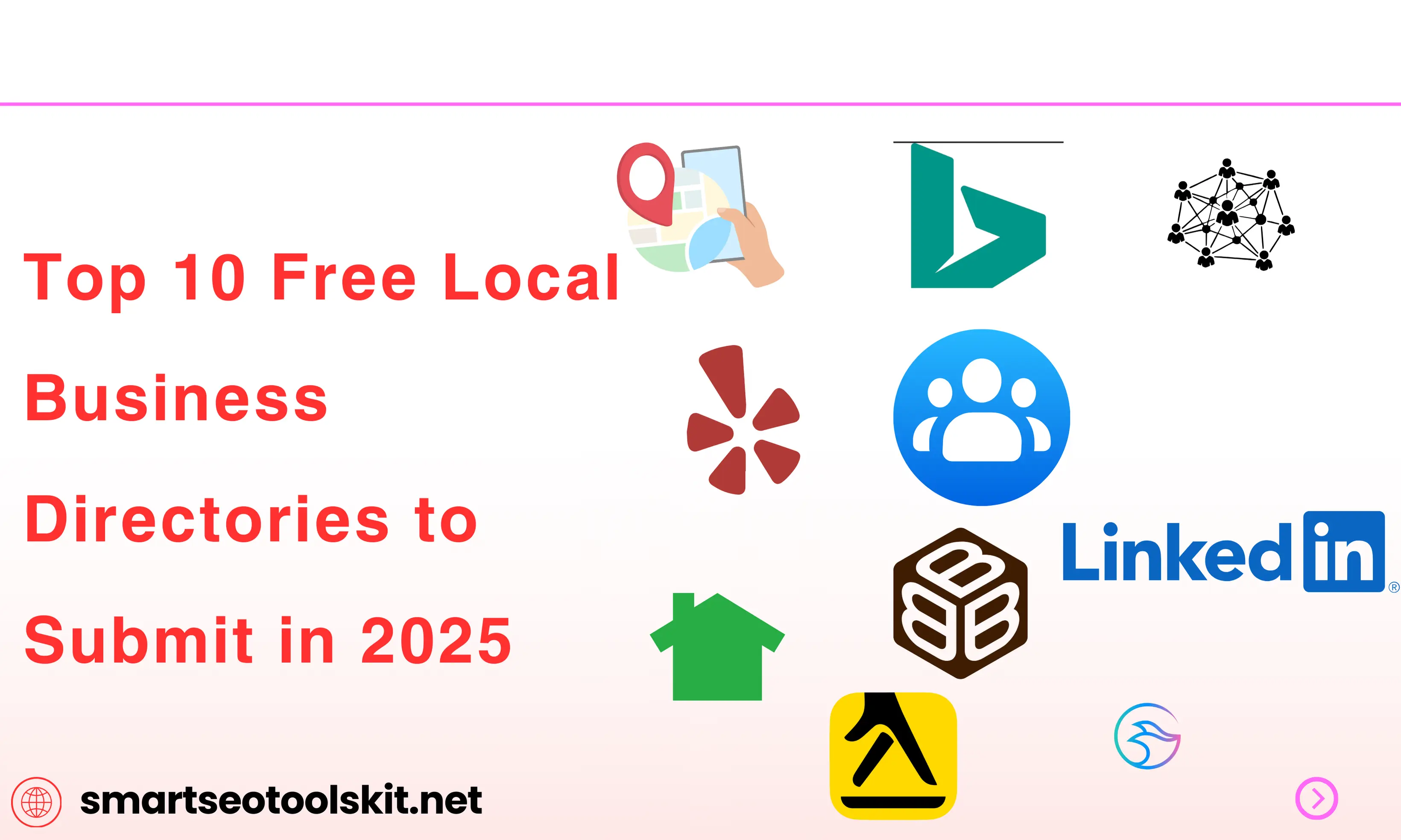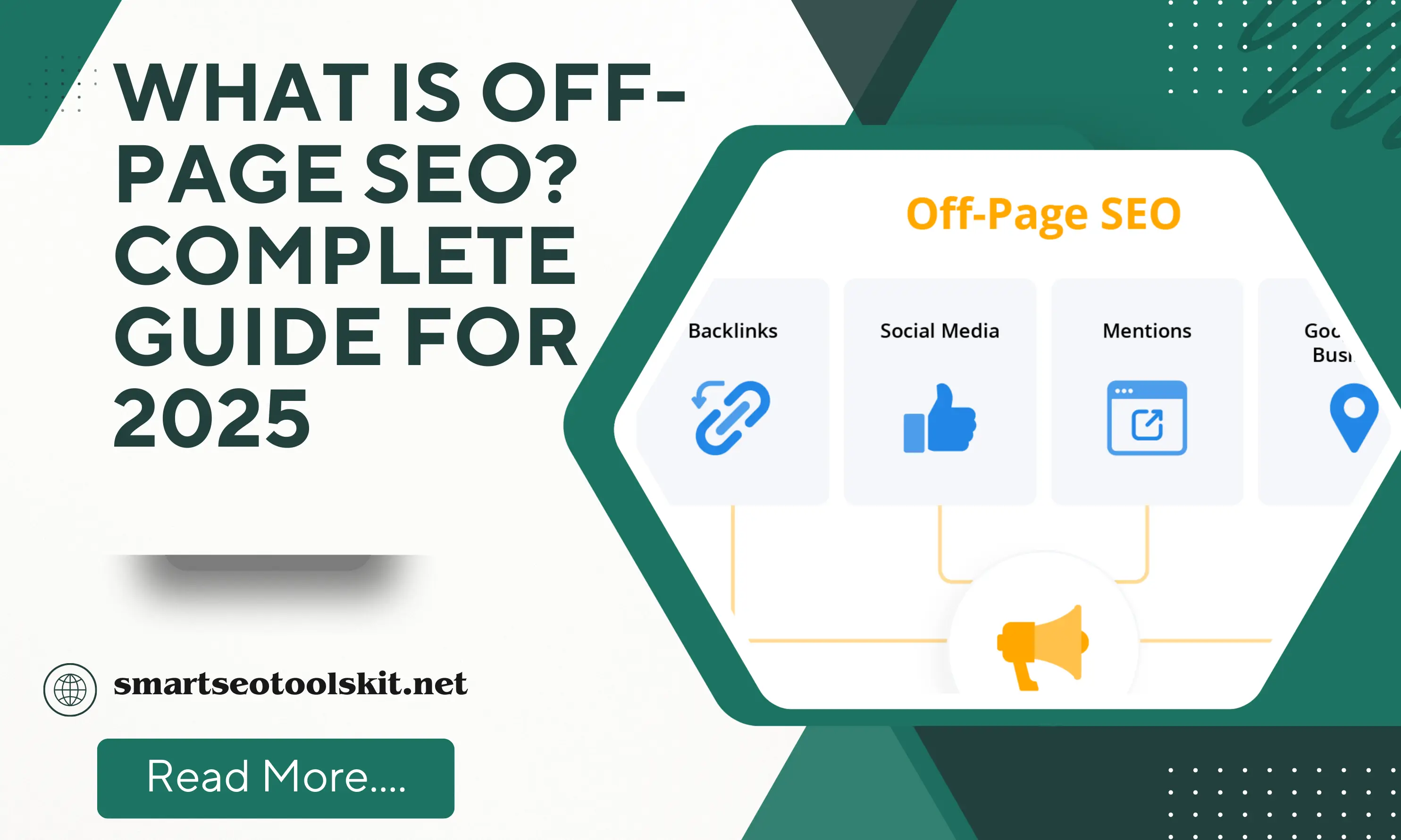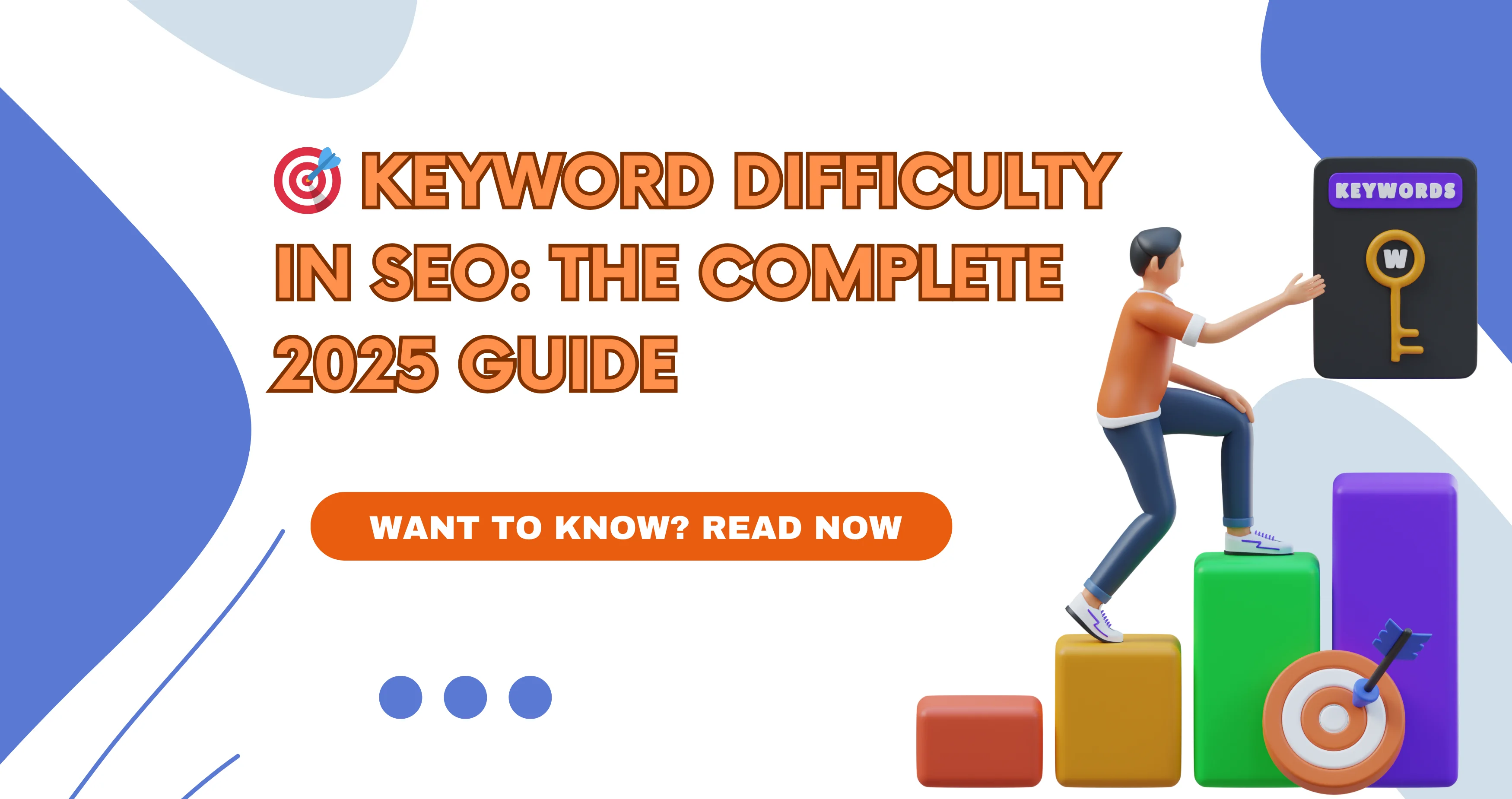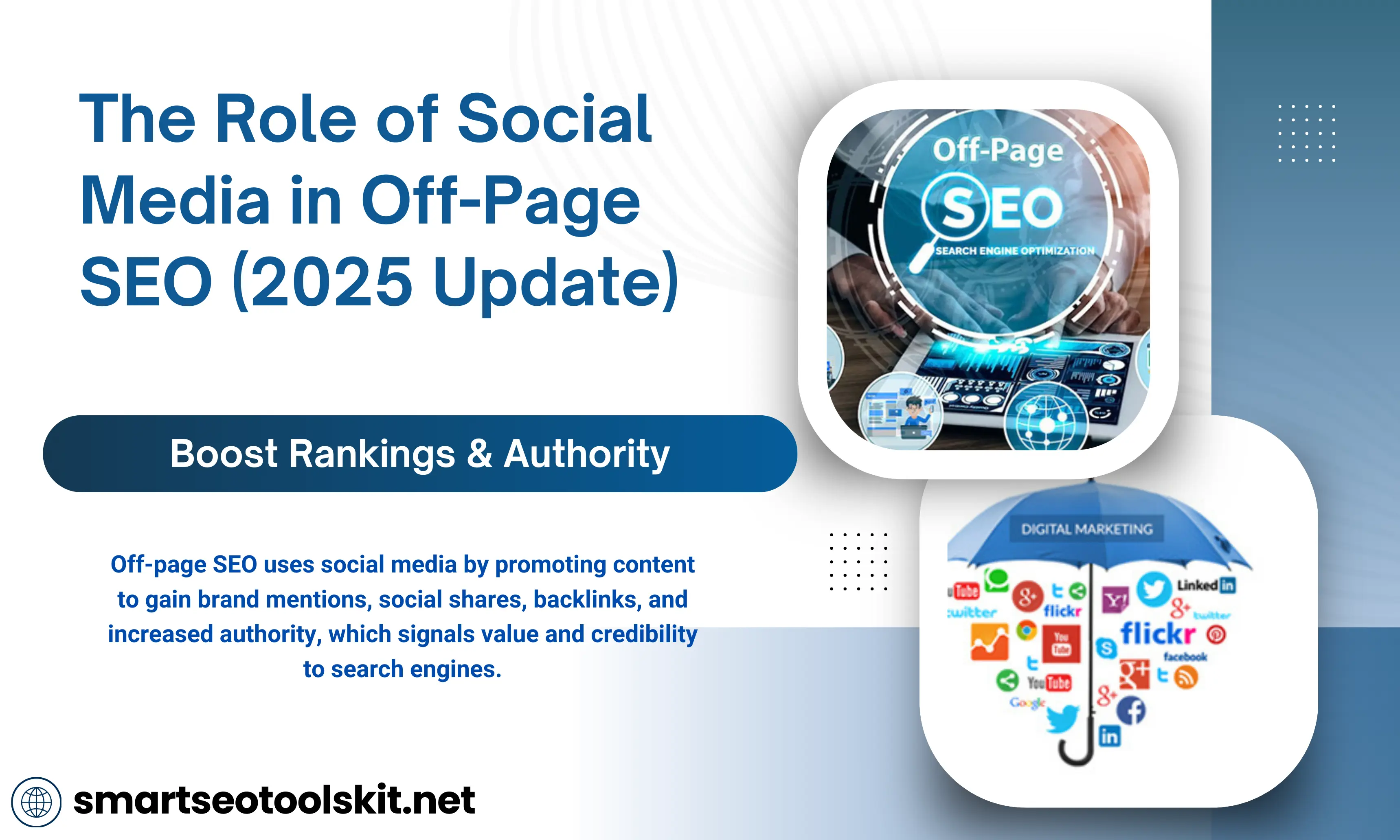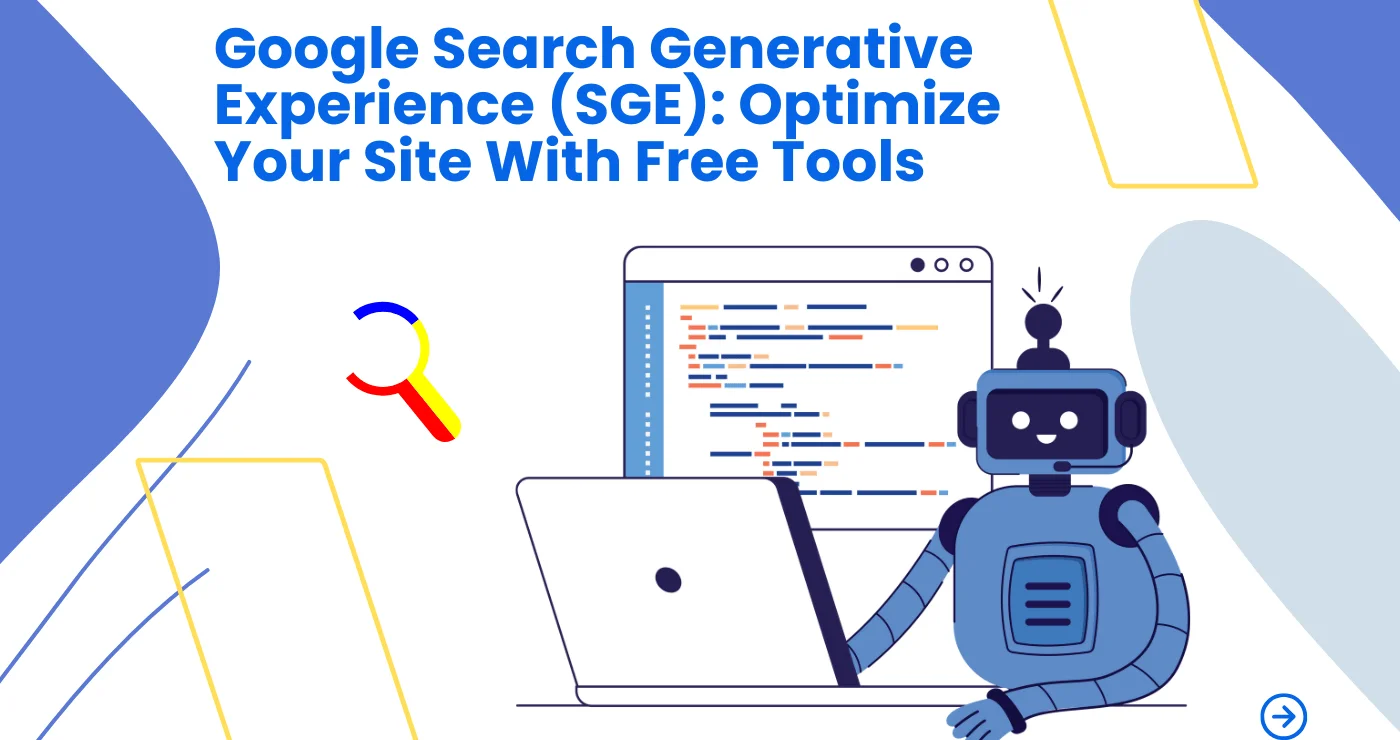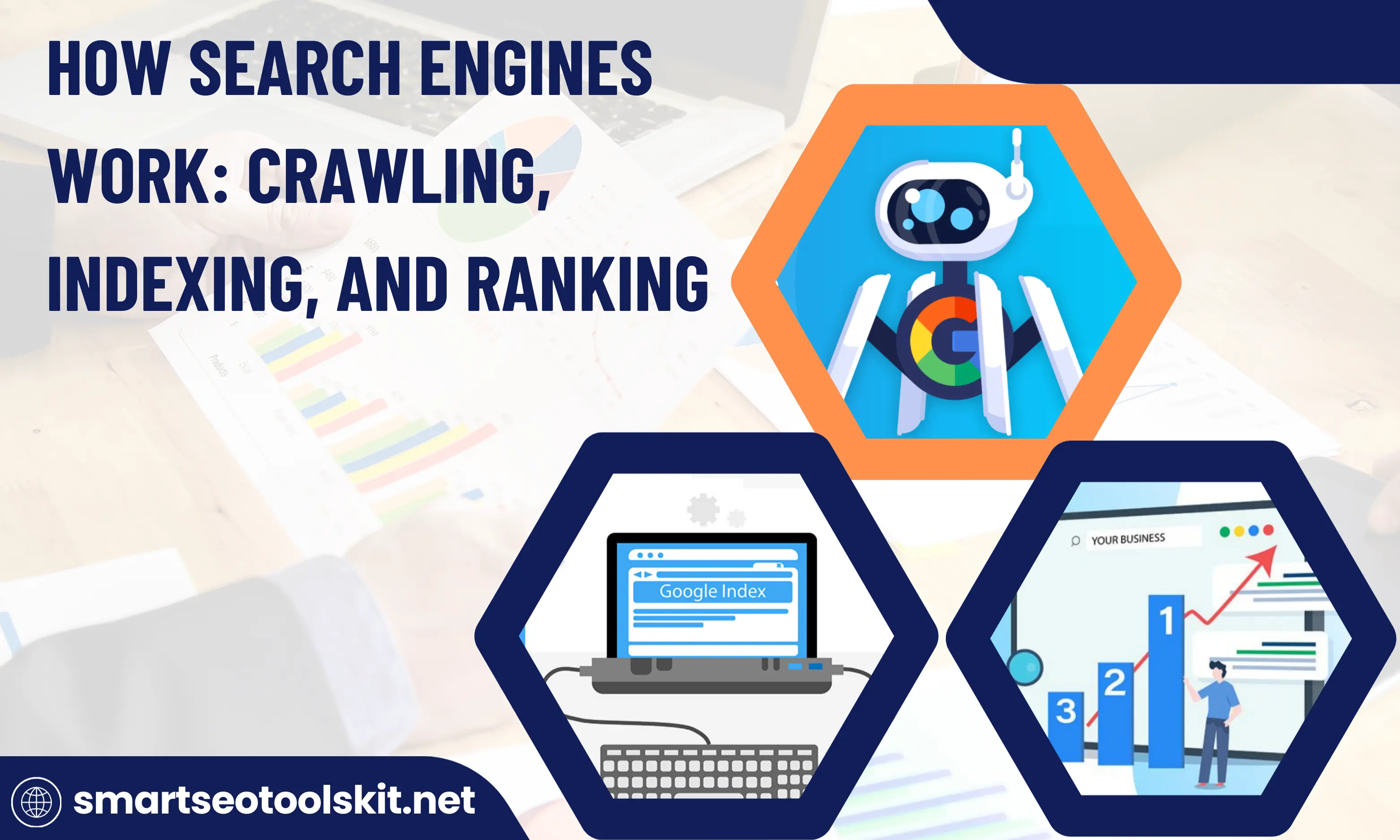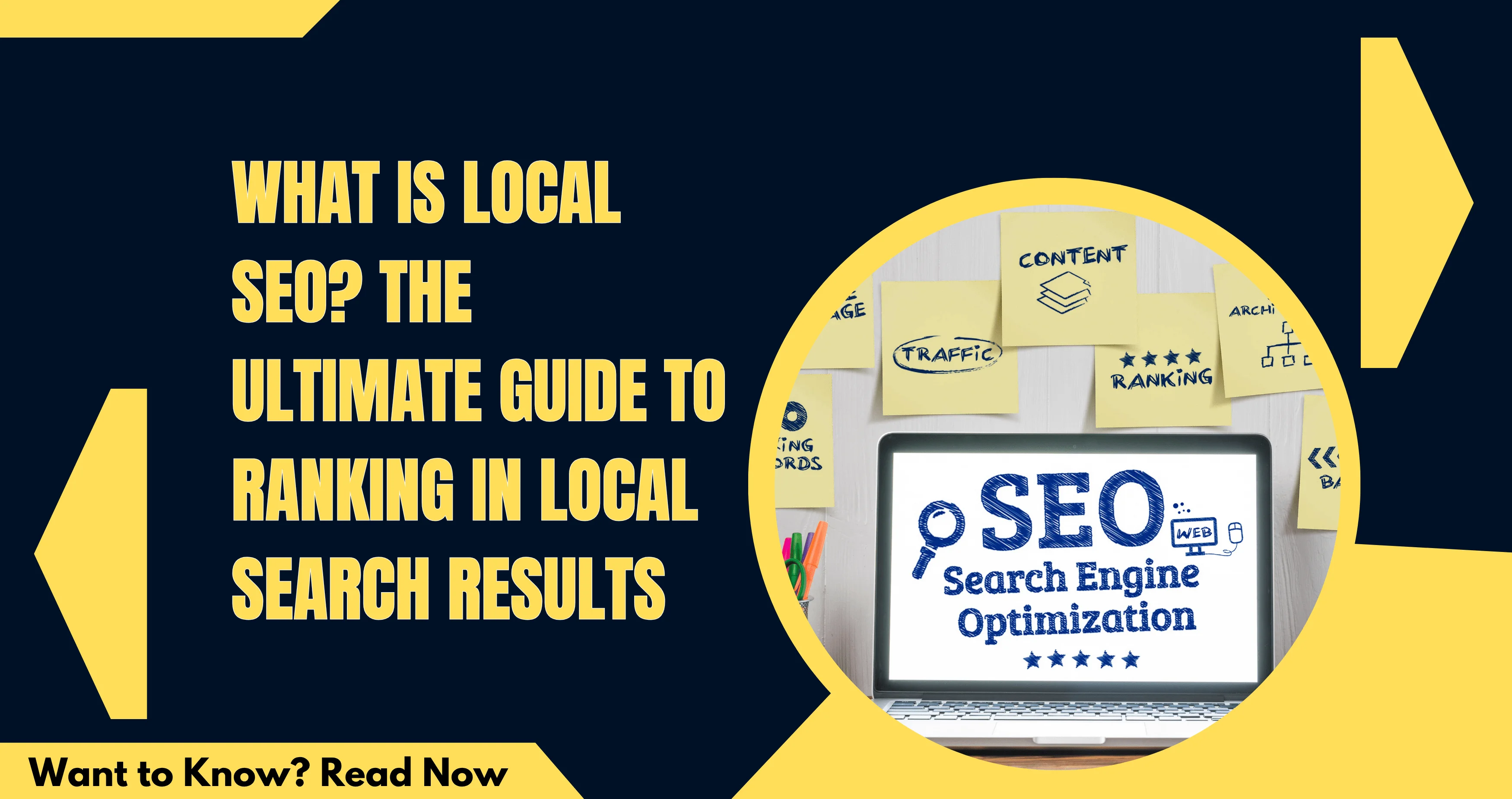Use the proper keyword and you will get more search engine traffic…
Optimize your website keywords and you will reach your business goals…
If you want to expand your online business through search engine optimization, learning about keywords and conducting keyword research should be your first priority.
As someone who has been in your position before, I understand how beneficial keyword research can be for anyone in the same situation as you or me.
This blog is written for a beginner like you to understand the most fundamental concept of SEO – keyword research.
I will cover these points in this blog.
-
What is Keyword research?
-
What is the importance of Keyword research?
-
How Keyword research could benefit you?
-
How to perform Keyword research?
Let us start with the basics…
1. What is keyword research?
Keyword research is the process of identifying and analyzing specific keywords or phrases that people use when searching for information or content online.
It involves researching and selecting keywords that are relevant to a website or content and having a good balance between search volume and competition.
Keyword research is a fundamental aspect of SEO (Search Engine Optimization) and digital marketing, as it helps website owners and marketers understand what their target audience is searching for and optimize their content to rank higher in search results, driving more organic traffic to their website.
2. What is the importance of Keyword research?
Keyword research is important for several reasons:
- Improved SEO: Keyword research helps you identify the keywords and phrases that your target audience is using to search for information, products, or services related to your website or content. By optimizing your website or content with these keywords, you can improve your website search engine rankings, which can result in higher organic (non-paid) traffic from search engines. Higher rankings can lead to increased visibility, more clicks, and ultimately more potential customers or visitors to your website.
- Understanding audience intent: Keyword research allows you to gain insights into the intent behind the search queries used by your target audience. By understanding their search intent, you can create content that aligns with their needs and expectations. This can help you provide valuable and relevant content that meets the specific needs of your audience, leading to better engagement, longer time on site, and improved conversion rates.
- Content planning and creation: Keyword research helps you identify the most relevant and popular topics and themes related to your niche or industry. This can guide your content planning and creation process, helping you create content that is well-optimized for search engines and resonates with your target audience. By creating high-quality content that targets specific keywords, you can establish your website or brand as an authority in your industry, which can help build trust and credibility with your audience.
- Competitive analysis: Keyword research allows you to analyze the keywords and phrases that your competitors are targeting. This can help you identify gaps or opportunities in their SEO strategy and can inform your own keyword strategy. By identifying less competitive keywords with decent search volume, you can potentially outrank your competitors and gain a competitive advantage in the search results.
- PPC and paid advertising: Keyword research is also important for PPC (Pay-Per-Click) advertising campaigns, such as Google Ads. By identifying relevant keywords with high search volume and low competition, you can create effective PPC campaigns that target the right audience and maximize your ROI (Return on Investment). Keyword research can help you identify the keywords to bid on and optimize your ad campaigns to drive targeted traffic to your website.
- Content optimization and website structure: Keyword research can also inform your website overall structure and organization. By identifying relevant keywords, you can optimize your website navigation, URL structure, and internal linking to create a logical and user-friendly website structure that aligns with the keywords your target audience is searching for. This can improve the overall user experience on your website and help search engines better understand and rank your content.
While conducting keyword research, people can make several mistakes. Some common mistakes include:
-
Focusing only on high search volume keywords: High search volume keywords may seem attractive, but they are often highly competitive, making it challenging to rank for them. Additionally, high search volume keywords may not always align with the intent of your target audience, resulting in low engagement and conversion rates. It is important to strike a balance between search volume and competition and prioritize keywords that are relevant to your audience and business goals, rather than just chasing high search volume.
-
Neglecting long-tail keywords: Long-tail keywords are longer, more specific keyword phrases that may have lower search volume but can be highly targeted and relevant to your audience. Neglecting long-tail keywords can be a mistake, as they can often have less competition and higher conversion rates. It is important to include long-tail keywords in your keyword research to capture specific niches and target audience segments.
-
Not considering search intent: Understanding the intent behind a search query is crucial for creating relevant content. Ignoring search intent can lead to targeting keywords that do not align with the needs and expectations of your target audience, resulting in low engagement and high bounce rates. It is important to consider the intent behind keywords and create content that meets those intent needs, whether it is informational, transactional, or navigational intent.
-
Overlooking keyword competitiveness: Keyword competitiveness refers to the level of competition for a specific keyword. Overlooking keyword competitiveness can result in targeting highly competitive keywords that are difficult to rank for, especially for new or low-authority websites. It is important to consider keyword competitiveness and balance it with search volume when selecting keywords to target, and also identify less competitive keywords that can provide opportunities for ranking and driving targeted traffic.
-
Not using keyword research tools: Keyword research tools, such as Google Keyword Planner, SEMrush, or Ahrefs, can provide valuable insights into keyword search volume, competition, and related keywords. Not using keyword research tools and relying solely on assumptions or guesses can result in incomplete or inaccurate keyword research. It is important to leverage keyword research tools to gather data-driven insights and make informed decisions based on actual data.
-
Lack of keyword diversification: Relying too heavily on a few keywords can be a mistake. It is important to diversify your keyword targeting to capture a wider range of search queries and audience segments. Focusing on a diverse set of keywords can help you optimize your content for different intents, demographics, and stages of the customer journey, resulting in broader visibility and engagement.
What is search intent?
Search intent refers to the underlying motivation or purpose behind a user search query.
It reflects what the user is looking for when they perform a search, whether it s for information, transactional purposes, navigation, comparison, local results, or brand-related queries.
Understanding search intent is crucial for creating a relevant and effective content that meets the user needs.
Types of Keywords based on the users intent
Keywords can be categorized into different types based on the user intent behind the search query. Understanding the intent of keywords is crucial for creating relevant and effective content that meets the needs and expectations of the users. Here are some common types of keywords based on user intent:
-
Informational keywords: These keywords are used by users who are looking for information or answers to their questions. They typically start with words like “how to,” “what is,” “tips for,” “guide to,” etc. For example: “how to lose weight,” “what is digital marketing,” “tips for gardening,” etc. Content optimized for informational keywords should provide valuable and informative answers to the users questions.
-
Transactional keywords: These keywords are used by users who are ready to make a purchase or engage in a transaction. They typically include words like “buy,” “best,” “price,” “deal,” etc. For example: “buy iPhone X,” “best laptop deals,” “price of Nike shoes,” etc. Content optimized for transactional keywords should focus on product or service information, pricing, and calls-to-action (CTAs) to encourage users to make a purchase or take a specific action.
-
Navigational keywords: These keywords are used by users who are looking for a specific website or brand. They typically include brand or website names, product names, or other specific terms that users are trying to navigate to directly. For example: “Facebook login,” “Amazon website,” “Nike store locator,” etc. Content optimized for navigational keywords should focus on providing information about the brand or website, and may include links or directions to help users navigate to their desired destination.
-
Commercial keywords: These keywords are used by users who are in the consideration or comparison stage of their purchasing journey. They typically include words like “reviews,” “compare,” “vs,” “top,” etc. For example: “best digital cameras,” “iPhone vs Samsung,” “top 10 laptops,” etc. Content optimized for commercial keywords should provide comparative information, reviews, and insights to help users make informed purchasing decisions.
-
Local keywords: These keywords are used by users who are looking for products, services, or information related to a specific location. They typically include location-specific terms such as city names, neighborhood names, or other location-based keywords. For example: “restaurants in New York City,” “plumbers near me,” “hotels in London,” etc. Content optimized for local keywords should focus on providing location-specific information, directions, and other relevant details for users looking for local businesses or services.
-
Brand keywords: These keywords are used by users who are specifically searching for a particular brand or company. They typically include the brand or company name, variations of the brand name, or specific product names associated with the brand. For example: “Nike shoes,” “Apple iPhone,” “Coca-Cola,” etc. Content optimized for brand keywords should focus on providing information about the brand, its products or services, and may include brand-related promotions, news, or updates.
What do you need for Keyword research?
Keyword research requires several essential tools and resources to help you identify and analyze keywords effectively. Here are some key elements you may need for keyword research:
- Keyword research tool
-
Search engine
-
Competitor analysis tools
-
Content analysis tools
-
User persona or target audience insights
-
Excel or spreadsheet software
-
Creativity and critical thinking
3. How Keyword research could benefit you?
-
Improve SEO: Keyword research is essential for optimizing your website content for search engines. By identifying and targeting relevant keywords with high search volume and low competition, you can optimize your website on-page SEO elements such as meta tags, headings, and content to rank higher in search engine results pages (SERPs). This can increase your website visibility, drive more organic traffic, and improve your website overall SEO performance.
-
Enhance Content Strategy: Keyword research can help you develop a data-driven content strategy. By identifying keywords that are relevant to your target audience, you can create content that addresses their needs, interests, and search queries. This can result in more engaging and relevant content that resonates with your audience, attracts more traffic, and increases user engagement on your website.
-
Target Audience Alignment: Keyword research allows you to understand the language, preferences, and search behavior of your target audience. By targeting keywords that align with your audience intent, you can create content that speaks directly to their needs, answers their questions, and provides value. This can help you build a stronger connection with your target audience, establish authority in your niche, and increase user engagement and conversions.
-
Competitive Advantage: Keyword research enables you to identify and target keywords that your competitors may not be optimizing for. By uncovering unique keyword opportunities, you can gain a competitive advantage by ranking higher in SERPs for less competitive keywords, driving more targeted traffic to your website, and potentially outranking your competitors.
-
Cost-Effective Advertising: Keyword research is also crucial for pay-per-click (PPC) advertising campaigns. By identifying keywords with high search volume and low competition, you can optimize your PPC campaigns and achieve higher click-through rates (CTR), lower cost-per-click (CPC), and higher return on investment (ROI) for your ad spend.
-
Data-Driven Decision Making: Keyword research provides you with valuable data and insights on keyword performance, search volume, competition, and trends. This data can inform your strategic decision-making, content creation, and marketing efforts, helping you make informed decisions based on actual data rather than assumptions.
4. How to perform Keyword research?
Here are five different ways to perform keyword research:
-
Google Keyword Planner: Google Keyword Planner is a free tool provided by Google Ads that allows you to find keyword ideas, get search volume data, and identify keyword trends. You can input a keyword or a URL related to your business or content topic, and the tool will provide you with keyword suggestions, search volume data, and competition levels. It is a popular tool among SEO professionals and content marketers to identify relevant keywords based on search volume and competition.
-
Competitor Analysis: Analyzing your competitors websites can give you valuable insights into the keywords they are targeting. By using tools like SEMrush, Ahrefs, or SpyFu, you can enter your competitors domain names and discover the keywords they are ranking for, the search volume of those keywords, and the positions of their pages in search results. This can help you uncover new keyword opportunities for your own website and identify gaps where your competitors might not be ranking well.
-
Google Autocomplete: Google Autocomplete is a feature that suggests search queries as you start typing in the search bar. These suggestions are based on popular searches made by other users, which can provide you with keyword ideas. Simply start typing a keyword related to your business or content topic in Google search bar, and see the suggestions that come up. These suggestions can give you insights into related keywords, long-tail keywords, and keyword variations that are popular among users.
-
Google Search Results: Analyzing the search results pages for your target keywords can give you insights into the types of content that are currently ranking. Look for common themes, topics, and keyword variations in the search results, and use that information to identify relevant keywords for your own content. You can also analyze the meta titles, meta descriptions, and content of the top-ranking pages to get an idea of the keywords they are targeting and the language they are using to optimize their content.
-
Social Media Listening: Social media platforms are not only great for engaging with your audience, but they can also be a valuable source of customer insights and keyword ideas. Monitor social media platforms for discussions, questions, comments, and hashtags related to your industry or niche. Pay attention to the language and terminology used by your target audience, as this can provide you with valuable keyword ideas. You can use social media listening tools or manually search for relevant keywords on social media platforms to uncover the language and keywords used by your target audience in their conversations and posts.
I hope that this guide has provided you with a clear understanding of what keyword research is and how you can conduct it effectively.
I understand this is an extensive topic, and you might be having a few questions. Do utilize the comment section to ask your questions related to Keyword research.
Also, if you are an experienced SEO, share your way of performing keyword research by commenting below.
Frequently Asked Questions (FAQs)
Q1: Why is keyword research the first step in SEO strategy?
Keyword research guides your content creation by revealing what your audience is actually typing into search engines. It helps you target the right terms from the start, leading to better traffic, relevance, and conversions.
Q2: How do I begin effective keyword research?
Start by understanding your niche and audience—know their problems, the language they use, and topics they care about. Then brainstorm seed keywords using tools like Google Autocomplete, forums, and competitors' sites.
Q3: What metrics should I evaluate when choosing keywords?
Focus on three key factors: relevance (alignment with your content), search volume (how often people search), and keyword difficulty (competition level). Balancing all three helps you find realistic ranking opportunities
Q4: Should I use long-tail or short-tail keywords first?
Long-tail keywords (longer, more specific phrases) are often easier to rank for and bring higher conversion potential, especially when starting out.
Q5: How often should I update my keyword research strategy?
SEO is dynamic, so revisit your keyword plan every 3–6 months. For fast-moving industries, review even more frequently and use tools like Google Trends to stay on top of shifting intent.
.png)


